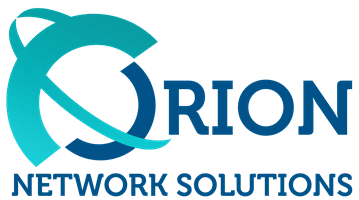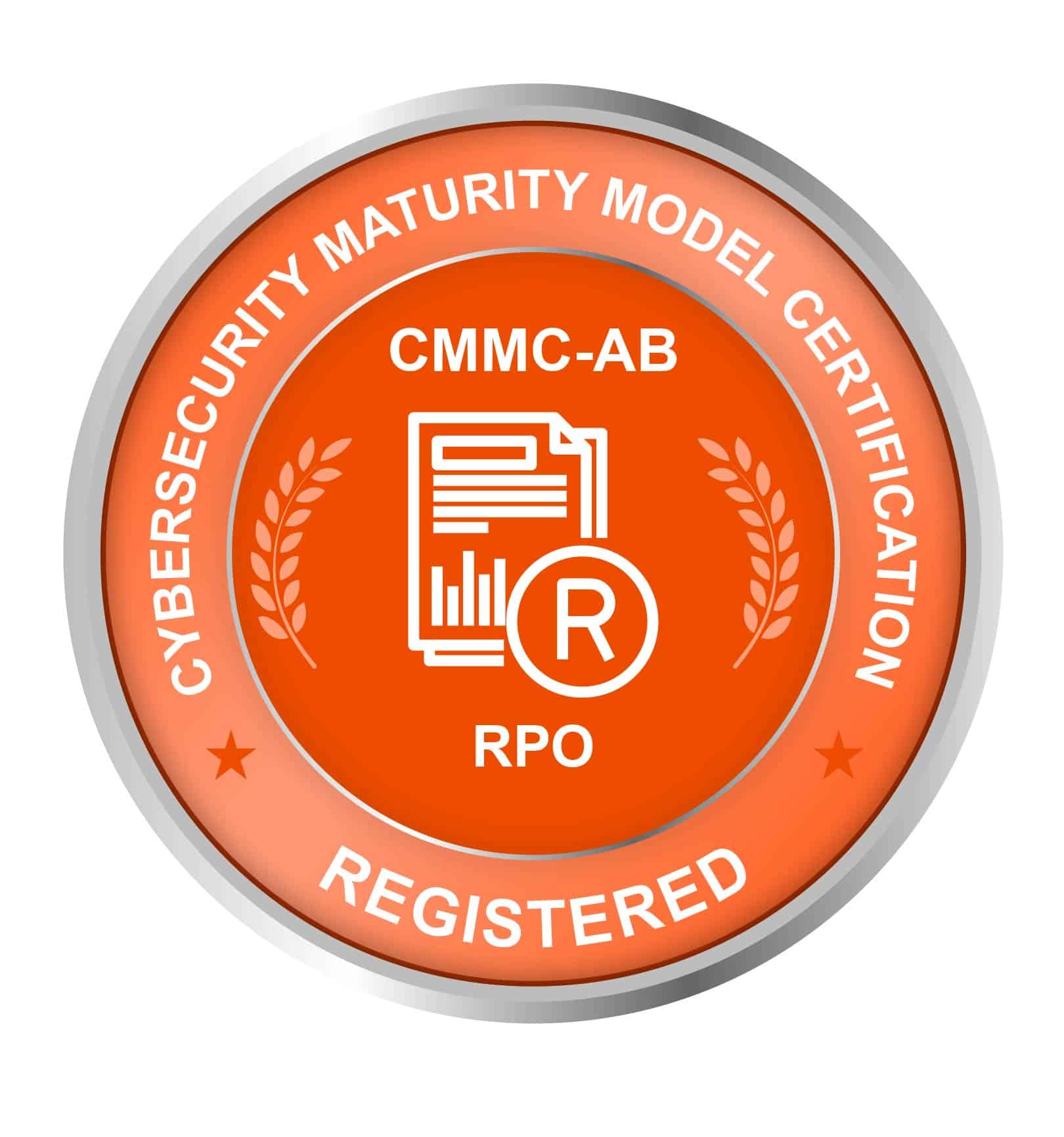Your Guide to Recognizing an Incomplete Technology Roadmap
The technological landscape is ever-evolving, and with it, the need for a robust and complete technology roadmap has never been more pressing. You might feel confident in your current roadmap, but are you truly utilizing it to its maximum potential? Let’s delve into the signs that suggest your roadmap might be lacking.
Why is a Complete Technology Roadmap Crucial?
In the digital age, relying on outdated manual processes or makeshift systems can inhibit your ability to thrive. A comprehensive technology roadmap can elevate your strategies, ensuring that you’re effectively harnessing digital transformation’s power.
However, a common misconception is that having a roadmap is sufficient. But, if it’s incomplete or improperly constructed, it might lead to missed opportunities. The first indicators often stem from the core of the business. If you’re tracking metrics like costs, growth, and efficiency, and they’re not meeting your expectations, it’s time to reconsider your roadmap’s effectiveness.
Remember, technology can significantly boost your competitive edge. Whether it’s through automation, efficient operations, or crucial business insights, maximizing your technological prowess is key.

Five Warning Signs Your Roadmap Might Be Falling Short
- Absence of Collaboration and Feedback – A technology roadmap isn’t static. It must evolve, adapt, and pivot according to ongoing feedback and collaboration. If your roadmap lacks mechanisms to integrate inputs from key stakeholders, you might be missing out on its potential.
- Executive Disengagement – Your roadmap should be a product of collective insight. If top-level stakeholders, like executives, technical staff, or end-users, aren’t engaged or don’t see their perspectives reflected, there’s a misalignment. This gap can manifest in a lack of commitment or buy-in from these stakeholders.
- Ignoring Risk and Budget – Every technological move comes with challenges and risks. You might be underprepared if your roadmap doesn’t have detailed risk assessments or budgetary allocations. It’s crucial to anticipate potential challenges and allocate resources accordingly.
- No Defined Timelines or Scope – Your roadmap should have clear timelines and a defined scope aligned with your goals. Striking a balance between rapid rollouts and ensuring timely technological adoption is essential. A vague or undefined timeline can be detrimental to your strategic objectives.
- Not Considering Current Market Trends – While you might not have a dedicated IT staff, staying updated with market trends is non-negotiable. You don’t always need the latest, like AI, but understanding and leveraging basic tools or specialized technology is essential.
Elevate Your Roadmap: Questions to Ponder
Reviewing and updating your technology roadmap regularly is vital. To ensure it’s robust and serves its purpose, consider:
- Is your roadmap comprehensive?
- What changes can enhance its effectiveness?
- Who else could provide valuable insights?
- Would external expertise bring a fresh perspective to your strategy?
Commitment to improvement will pave the way for a superior technology roadmap, positioning you for unparalleled success.
Conclusion
In the dynamic world of technology, having a roadmap is not just about charting a course; it’s about ensuring that your chosen course is the best one for your goals. Recognizing the signs of an incomplete roadmap and taking proactive measures can be the difference between merely surviving and thriving in this digital era.










